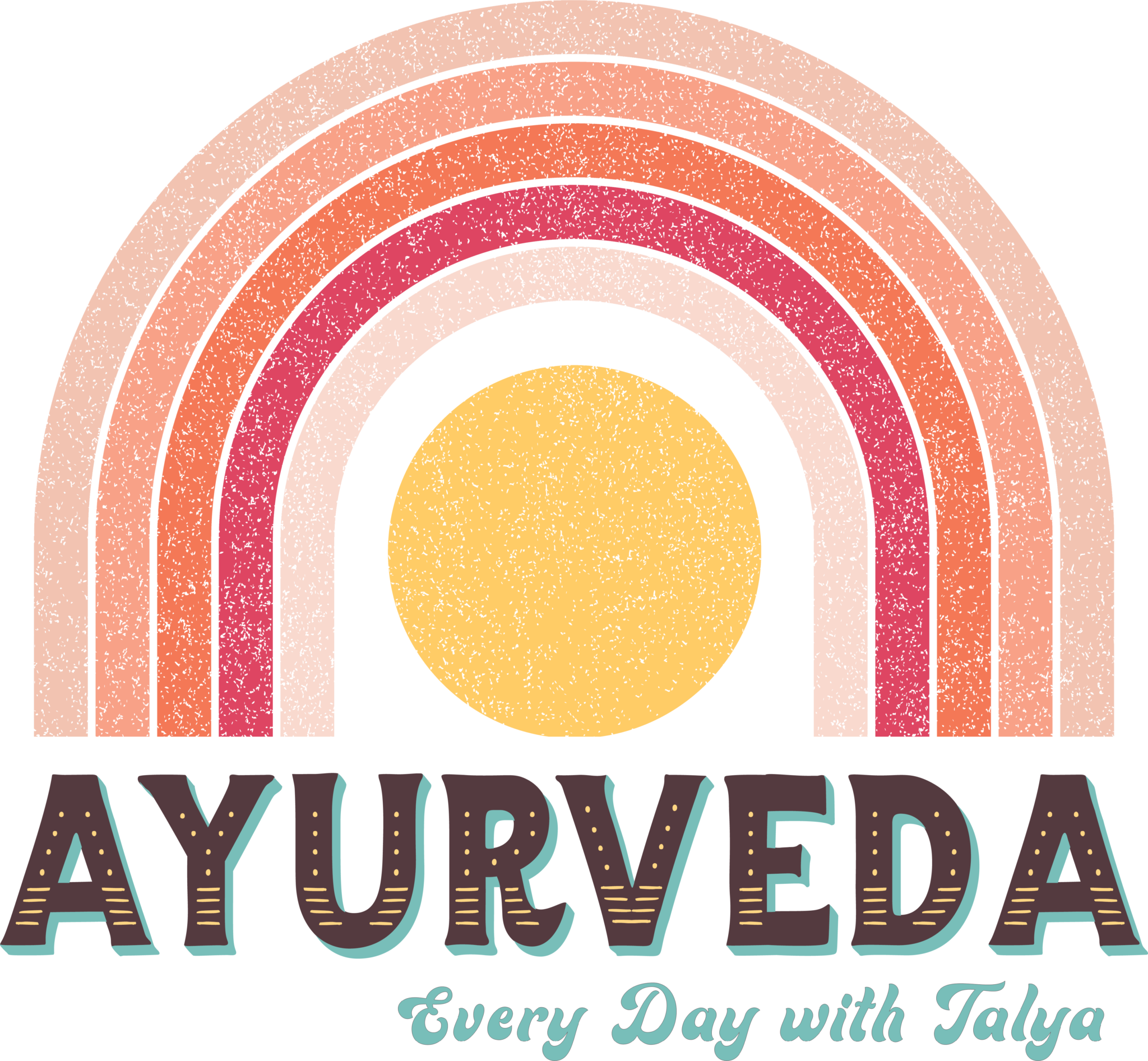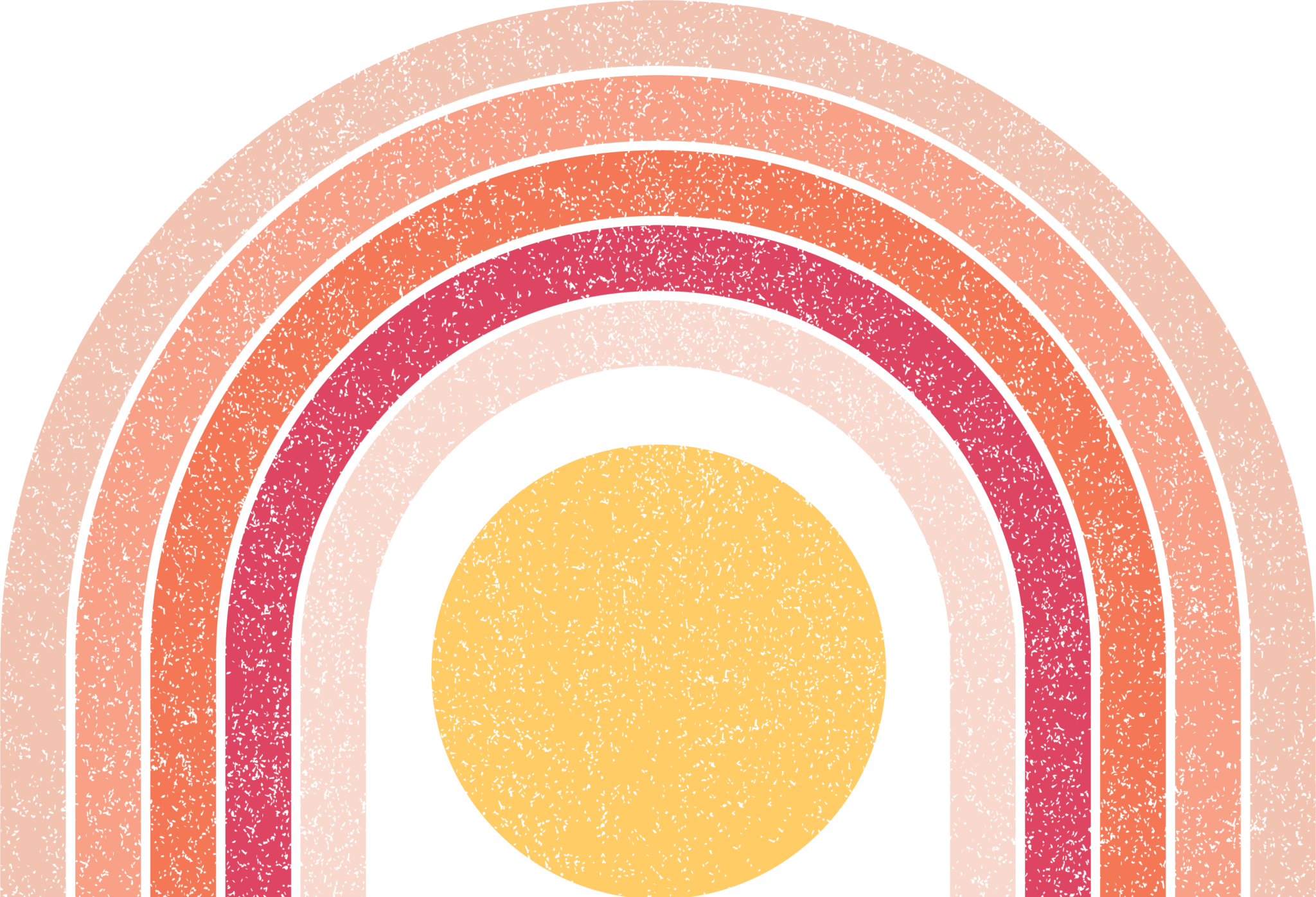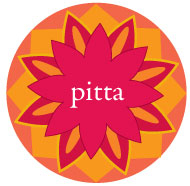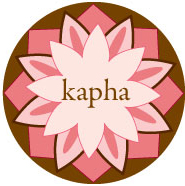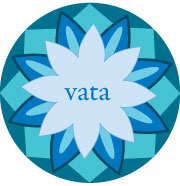
Being a person of color in a world where the darkness of your skin determines the visibility of your spirit can be quite a challenging road. It takes a thick skin and a rebellious heart to be able to break free from the roles that society has tried to confine us to.
Sometimes it can be equally as challenging to show up in spiritual spaces dominated by white people and maintain our energy. So many thoughts come to the surface.
Do I belong here?
What is my experience going to be?
Will I be able to be fully seen and heard in this space?
Would I be honored for the wisdom I carry?
There is never one clear answer to these questions as the experience differs between all of us.
I myself have pondered all of this time and time again. In fact, I’ve made it my mission to unpack the feelings that arise. I’ve searched to find the language that allows me to hold space for the oftentimes uncomfortable conversations that need to be had. One of those conversations revolves around the topic of belonging.
Do BIPOC’s (black and indigenous people of color) have a place in the world of yoga and Ayurveda?
 Photo credit: Barbara Bowman Photography
Photo credit: Barbara Bowman Photography
At The Beginning…
When I began my yoga journey at the age of 16, this wasn’t a question that was on my mind.
Yoga found me in a place in my life where I was struggling to find myself.
It held me through the challenges of hormonal development and the pain that comes with being the child of a mother with cancer and a part-time father with sickle cell anemia. The practice taught me how to meet myself where I am and later, it led me to what would guide the work I do to survive.
While I can now confidently say that I do belong in the world of Yoga and Ayurveda, I haven’t always felt that way.
I grew up in Denver Colorado in the 90’s and early 2000’s and went to predominantly white schools and had mostly white friends. As a fine arts student in high school, I had the privilege of being exposed to an extremely liberal and diverse education. Still, it wasn’t until my early 20s that I even realized that I spent my adolescent years being blind to my blackness.
When I moved to Southern Oregon and began practicing the prestressing arts, I realized my blackness was the root of much discomfort and confusion I was never able to name.
Coming To The Mat
I’ve always been drawn to herbs and food. Deep in my heart, I always knew that food was medicine, even when I didn’t have the scientific language for it. I knew that it had the power to ground me when I felt anxious and fuel me when I felt low.
When I found yoga in the basement of my high school, however, I was instantly hooked. The Sanskrit was easy to memorize and resonated with my soul.
Never once did I stop to wonder why I was so attracted to these healing modalities, or why I was able to pick up on them so easily. I just knew that it all struck a chord deep within.
In my early 20s, I discovered Ayurveda and I felt as if I was coming home to something I had been missing for a very long time. For the first time, I was able to truly understand how the body works. I felt a deep resonance with the doshas and an innate understanding of the importance of ritual and practice.
 Photo credit: Barbara Bowman Photography
Photo credit: Barbara Bowman Photography
Black Yogic Roots
What struck me as odd was the looks of surprise I would get when I took my place at the head of Yoga classes and workshops. I had a hard time pinpointing the micro-aggressions I was experiencing as my credibility was subtly challenged in spiritual and wellness spaces.
Overtime, I took training after training in hopes that one day I would be considered good enough to teach people Yoga and Ayurveda. I felt that maybe if I would have hours of training and a Yoga Alliance registration behind my name, I would finally feel like I belonged.
Later, I learned that Africa was the birthplace of its own medicinal practices that include Kemetic Yoga, herbal medicine, and ritual. When slaves were brought to America, they were often stripped of their native practices or forced to use them in service to their owners.
Uncovering these truths was like unearthing the secrets of my ancestral lineage.
It led me to dig deeper and I began to learn even more about the effects of colonization on indigenous healing practices.
Learning And Belonging
One thing became inherently clear, I did belong in these spaces just as much as anyone else, if not more!
While I resonate with the idea that all of this wisdom was meant to be shared, my story sheds light on what I believe to be the key to healing this far too common wound.
To me, It’s not a crime to practice indigenous healing arts. It’s not something that should be confined to one culture, for if it was, the wisdom would have never been shared. Instead, it’s important to make sure that the history of these arts is fairly recorded and that credit is given where credit is due.
This helps black and indigenous people of color see themselves and their connection to these practices, which is incredibly important. When inclusion and belonging is properly represented, it diverts from potential harm.
The various threads of my story have woven together to create the person that I am today.
 Photo credit: Barbara Bowman Photography
Photo credit: Barbara Bowman Photography
My Holistic Pride
A black and proud Priestess who teaches yoga and ayurveda and relies heavily on the esoteric arts as a form of self-care.
For many women of color, this idea is incredibly outlandish.
If you’re anything like me, then you too may have grown up going to the baptist church.
Your family gatherings probably consisted of fish fries, barbeque, and gumbo for the super bowl.
Any meal without a piece of meat just wasn’t a meal in your family and “vegan” was a foreign word that couldn’t possibly be related to anything edible, let alone nourishing.
You’ve probably heard more than once that “yoga is for white people” and couldn’t possibly be something black people do.
Growing up “woke” in the black community is a challenging experience, but I’m here to tell you something that most likely no one has said to you before,
Your Esoteric Practices Are Your Birthright
Most of what you’ve learned is the direct result of colonization and if we willingly give in to the stereotypes, we are willingly cutting ourselves off at the root.
While many aspects of American black culture are beautiful, it doesn’t have to fully define you and should never keep you in a box.
If you are black or an indigenous person of color, you have more of a right than any to be present in spiritual spaces, whether they be temples, Ayurvedic workshops, or Yoga classes and you deserve to claim your space with pride.
As we witness today’s revolutionary shifts in our society, it is imperative that we allow ourselves to embrace the shifts that are happening within. We have a duty to show up loudly and proudly in the world of Ayurveda and Yoga and stand as a pillar of representation for our ancestors.
It may be hard to open up to your true magic. It may be even harder to do so in white spaces, but I want to challenge you to let your mysticism be your activism.
Shine brightly no matter where you are, and no one will be able to dim your light.
—
Thank you to Talya Lutzker, for being willing to share her platform and giving me the opportunity to shine my light in front of all of you!
Love and Moonlight!
C.J. Thomas
About The Writer
C.J. Thomas is a 200hr Certified Yoga Teacher and Ayurvedic Health Coach. Her health and wellness business is Life by the Moon Yoga. She also does digital marketing, specializes in the Health and Wellness/Self Improvement field, and is part of the Talya’s Kitchen Content and Marketing Team. Her current passion project is her podcast, Sexy Sacred Space, where she interviews innovative human beings who are making space for others and radically taking up space for themselves in the world.
If you’d like to learn more and stay connected visit her website and follow her on Instagram.
